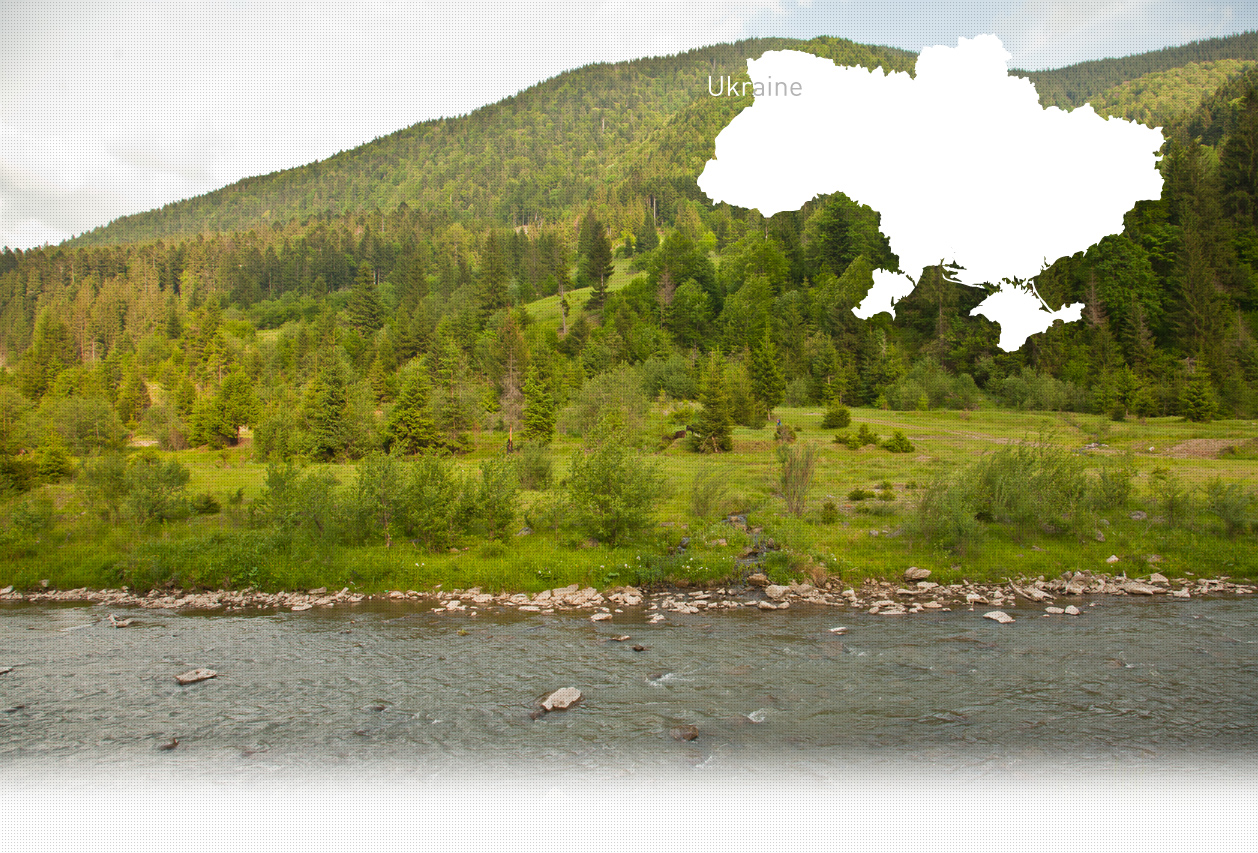

1 Killing site(s)
Maria Ia., born in 1923: “Hundreds of Jews were brought here shortly after the occupation. I can’t tell you exactly when it was, but I remember it was still warm outside. The Jews were placed in the stables and remained there until they disappeared. I remember two Jewish girls, Nina and Tsylia, who used to come to our house to ask for food. The poor things, they had nothing to eat there and it was forbidden to leave the ghetto’s territory. So, on a sly, taking all the risks, they would sneak out of the ghetto and come to our house. By night, they would come back to the ghetto.” (Witness n°2698U, interviewed in Chetvertynivka, on November 1st, 2019)
Hubyk is located 10km (61mi) southeast of Vinnytsia. Hubnyk was home to Ukrainians; no Jewish people lived in the village before the war. There were several kolkhozes [collective farms] in the village. Agriculture was the main occupation. The Jews lived in the nearby town of Ladyzhyn, located about 9km away, where the Jewish population represented 13% of the total on the eve of the war.
Hubnyk was occupied by German forces on July 24, 1941. The village remained under the Romanians and became part of Transnistria in September 1941. In the spring of 1942, the Jews from the Iampil district were brought to Ladyzhyn to work in the granite quarries. In mid-1942, about 1,000 Jews or more were deported to Ladyzhyn. Half of those Jews were handed over to the Germans who used them for different kinds of forced labor, such as road construction or wood cutting. Those who remained in the Ladyzhyn camp were taken for forced labor in the quarries around the locality. As a result of the investigation, Yahad-In Unum might have identified the site of the isolated killing, where according to the local testimonies, about 100 Jews were murdered. Unfortunately, without any eyewitnesses to the shooting and lack of access to the site, we can’t confirm for sure the existence of this mass grave. The victims who supposedly were shot there were the workers, who most probably became unable to work and therefore useless for the occupation regime. Today the execution site is located on the territory of the penitentiary premises and is impossible to access.
Do you have additional information regarding a village that you would like to share with Yahad ?
Please contact us at contact@yahadinunum.org
or by calling Yahad – In Unum at +33 (0) 1 53 20 13 17